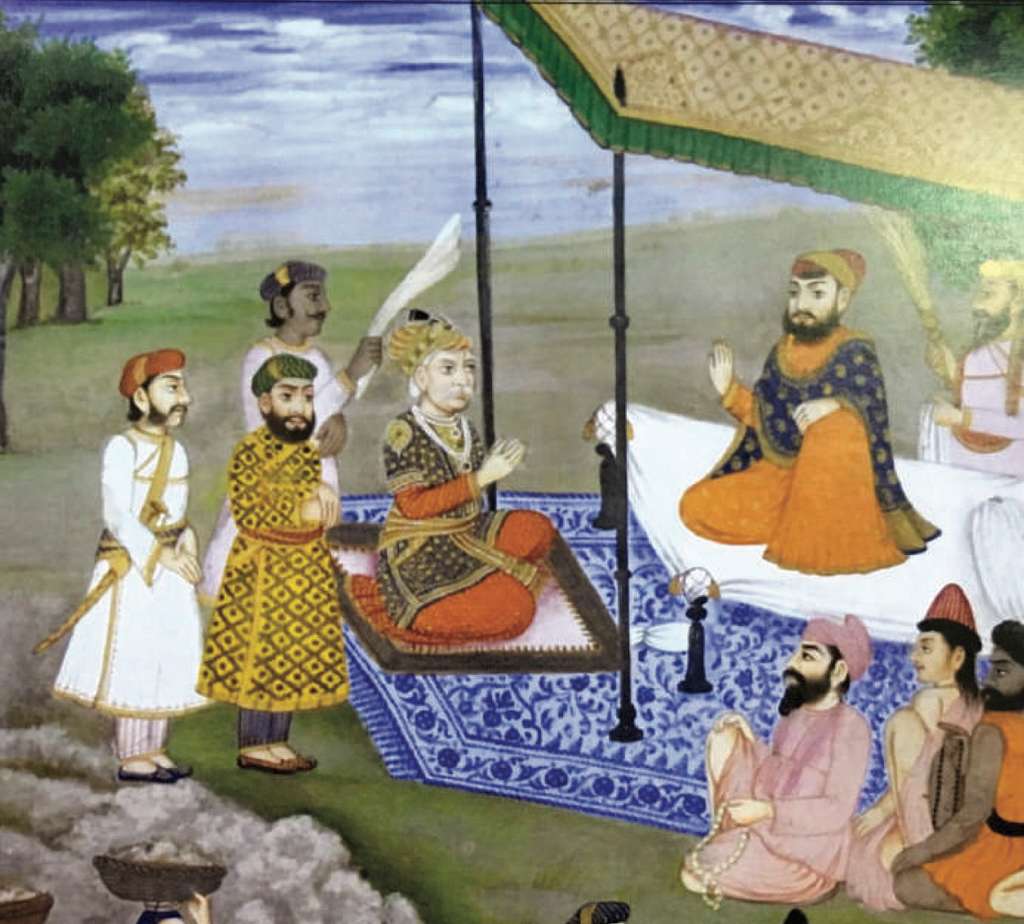The National Council of Educational Research and Training of India (NCERT’s) new textbook of class 8 describes Mughal emperor Babur as a “brutal and ruthless conqueror,” Akbar’s rule as a mix of “brutality and tolerance,” and Aurangzeb as a “military ruler” who reimposed taxes on non-Muslims and destroyed temples and gurdwaras.
The textbook, Exploring Society: India and Beyond, follows the new National Curriculum Framework for School Education 2023. It shifts the teaching of the Delhi Sultanate, the Mughals, and colonial rule from Class 7 to Class 8.
A note at the beginning of the book says students should study violence, misrule, and power struggles in history without blaming present-day communities.
The chapter “Reshaping India’s Political Map” covers the Delhi Sultanate, the Mughals, the rise of the Sikhs, and resistance movements. It says Akbar ordered the killing of 30,000 civilians at Chittorgarh and that non-Muslims were mostly excluded from top posts. It states the ‘jiziya’ tax imposed by several rulers was a tool of pressure to convert to Islam. Earlier versions described it as a tax without such context.
The book also includes resistance to Mughal rule. It praises Shivaji as a strategist who rebuilt temples and respected other religions. It mentions the role of leaders like Tarabai, Ahilyabai Holkar, and Rani Durgavati. It also highlights resistance from Jats, Rajputs, and tribal groups like the Bhils, Gonds, Santhals, and Kochs.
Michel Danino, who leads NCERT’s Social Science team, said the book does not demonise any ruler.
Indian Union Minister BL Verma said students should learn what happened during Mughal rule.


